The graphs were inspired by Indexed, a funny-but-meaningful chart blog.
{ via information aesthetics }

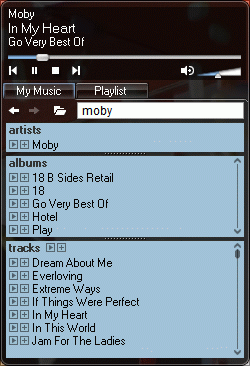
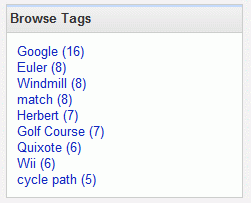
 Google Pack* seemed to be a decent solution for installing basic apps on a newly bought computer, but Google could have done a lot more.
Google Pack* seemed to be a decent solution for installing basic apps on a newly bought computer, but Google could have done a lot more.From software upgrades and driver updates to security and Y2K patches, CNET CatchUp is designed to help you quickly and easily find what you need to keep your PC healthy. Once you have downloaded the CatchUp software, install the application, and with the click of a button, the CatchUp service will generate a custom list of recommended updates.
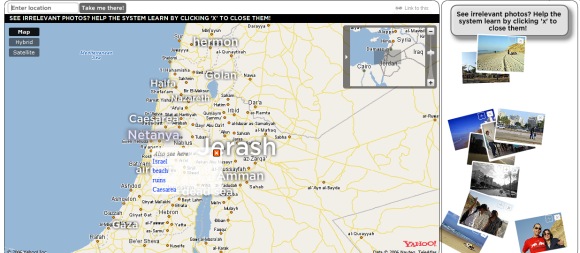
>> Which Opera feature (if any) would you like to see in Firefox?
<< I'd love to be able to tear off a tab into its own window.
>> In your mind would the Opera browser benefit from being Open Source? And if so, how would you convince Opera Software to make their browser Open Source?
<< Yes, I do think Opera would enjoy the benefits of an open-source community, such as fresh developer blood, greater testing assistance and voluntary localization. As for convincing the company to make the move... now that Opera is free, I would hope the internal debate is over why not to open source the browser. I recognize that Opera has already earned a vibrant community, but I think it could expand it even further. I don't see what the company has to lose.
<< Blake, how would you describe the differences between Opera and Firefox? When would someone prefer Firefox? When would someone prefer Opera?
>> I think Opera is better geared toward advanced users out of the box, whereas Firefox is tailored to mainstream users by default and relies on its extension model to cater to an advanced audience. However, I see both browsers naturally drifting toward the middle. Firefox is growing more advanced as the mainstream becomes Web-savvier, and I see Opera scaling back its interface, since it started from the other end of the spectrum.
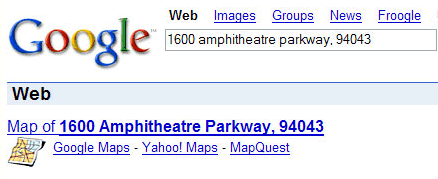
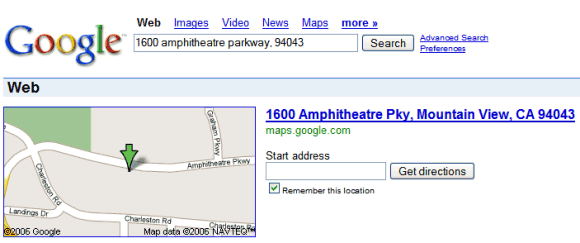
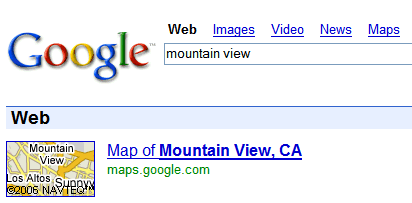
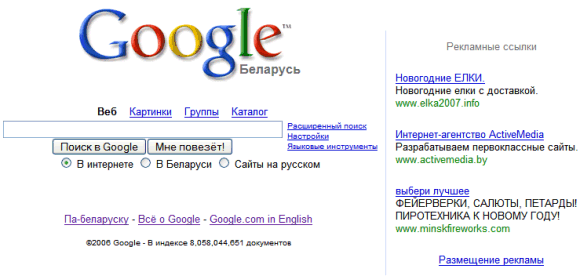
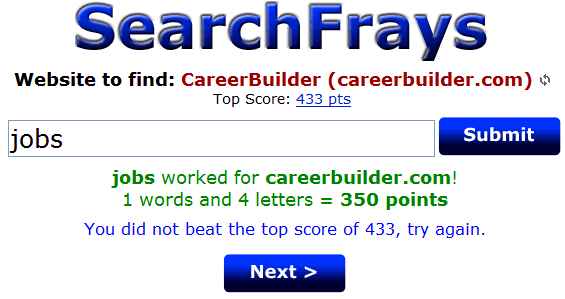
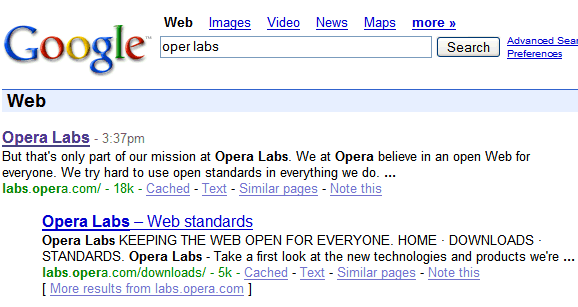
 Packet Garden is an application that builds a world from your Internet traffic.
Packet Garden is an application that builds a world from your Internet traffic.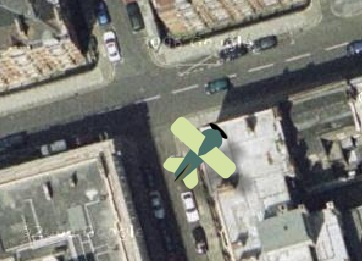
What we have done is focused a lot of effort on making our products extremely easy to use, easy to set up, and we've tried to get rid of integration hassles wherever we can. For example, by pre-integrating with products like AdWords; and we've also done some stuff with Google Checkout. We hope to make these things a kind of one button "click and it works." That's the model we tend to go toward when we can.
Instead of having an expensive product, like most of the rest of the market, we have a free product. Many analytics products come with a pre-determined set of professional services, and then if you want additional things the analytics vendor will up-sell you. For a lot of analytics vendors, professional services is a big piece of their revenue stream. Google has used a really different approach. It's a free product that anyone with a website can use.
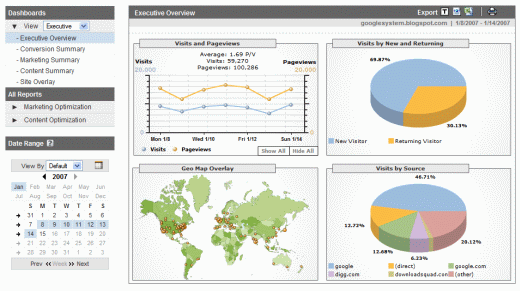
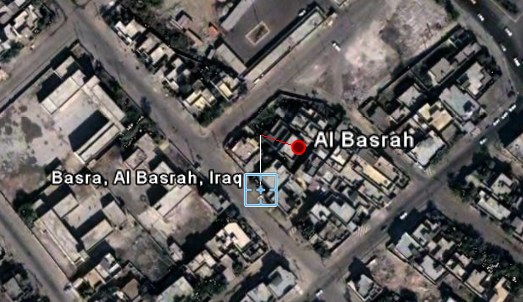
The satellite photographs show in detail the buildings inside the bases and vulnerable areas such as tented accommodation, lavatory blocks and where lightly armoured Land Rovers are parked.
Written on the back of one set of photographs taken of the Shatt al Arab Hotel, headquarters for the 1,000 men of the Staffordshire Regiment battle group, officers found the camp's precise longitude and latitude.
"This is evidence as far as we are concerned for planning terrorist attacks," said an intelligence officer with the Royal Green Jackets battle group. "Who would otherwise have Google Earth imagery of one of our bases?"